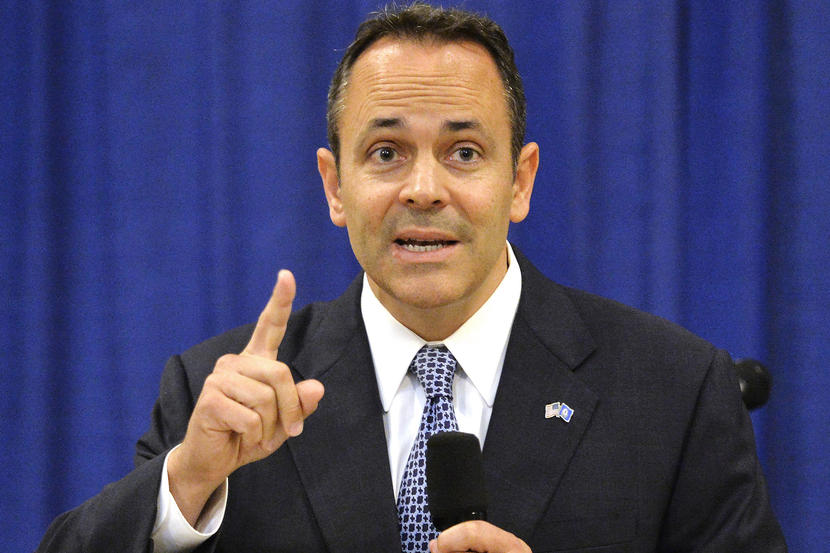
By MATT MANCUSO
Another mass shooting happened on American soil Feb. 14, in Parkland, Florida. Seventeen students died after a single man on a murderous rampage killed both students and teachers in Stoneman Douglas High School. Parents of the survivors clutched their loved ones, millions of Americans watched the news unfold, and we were all left wondering – what prompted this young man to begin his killing spree?
Lawmakers placed the blame on video games.
After the Valentine’s Day shooting that shook the nation, politicians began pointing fingers toward potential reasons for why it occurred. Some claimed mental illness was the issue, even though, in the words of a New York Times article published on the issue, “A 2016 academic study estimated that just 4 percent of violence is associated with serious mental illness alone” so that cannot be the sole reason.
So many signs that the Florida shooter was mentally disturbed, even expelled from school for bad and erratic behavior. Neighbors and classmates knew he was a big problem. Must always report such instances to authorities, again and again!
— Donald J. Trump (@realDonaldTrump) February 15, 2018
No, some politicians’ reasoning for last week’s shooting has to be even more ill-conceived than President Trump’s claim. Kentucky Governor Matt Bevin spoke in an interview on the Leland Conway Show last week, who said “guns are not the problem. We have a cultural problem in America… You look at the ‘culture of death’ that is being celebrated. There are video games, that yes, are listed for mature audiences, but kids play them and everybody knows it and there’s nothing to prevent the child from playing them, that celebrate the slaughtering of people.”
Numerous studies over the years have been conducted on the topic. Most have reached the near-universal scientific consensus that the link between increased aggression in teenagers and video games represents an extremely small percentage of the population.
“Federal crime statistics suggest that serious violent crimes among youths have decreased since 1996, even as video game sales have soared.” reported the Harvard Medical School.
Not A Likely Connection
Even if the perpetrator of a crime has played video games, there isn’t necessarily any solid correlation between them playing the game and deciding to take part in a crime due to that consumption.
Peter Markey, 23, Glen Rock, has enjoyed playing video games for a majority of his life (and who has never once been in a fight) said, “The rest of the world has these games as well, and they don’t have any school shootings.”
Another video game enthusiast, Bill Epstein, 23 of Hackensack, shared “There are so many people that do it (play video games), and they don’t decide to shoot up their school or work.”
The studies are clear. This ‘glorification of violence’ that Bevin speaks of may be true, as it is for the majority of media we consume, but the rest of his sentiment is uninformed and misguided.
Violence is prevalent in many works of both fiction and non-fiction across a variety of mediums. Video games are simply one of the easier targets to point toward when politicians refuse to address the bigger issues at play.
Could include the number of video games out that are actually violence. A little more statistics on violent video games and kids that play them.